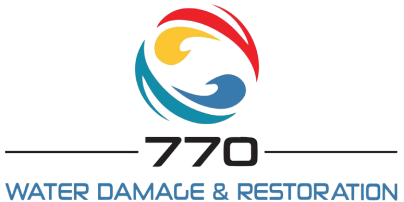Metal Dust Fire Safety And Security Causes Readiness as well as Emergency Activities
With most industrial production processes, metalworking creates dust that you need to deal with. But steel dust can have one-of-a-kind residential properties which make it specifically hazardous. Metal fires in dust collectors are not uncommon as well as can certainly take off. Let’s review why metal fires begin as well as what you can and need to provide for fire security in metalworking settings. After that, we’ll cover what to do (and not do) in a genuine steel fire emergency.
Flammable Steels in the Workplace
Terminates with burning steel are classified as Class D fires. To begin with, all of the alkaline metals in their solid state will certainly melt quickly, even automatically ignite at reduced temperatures. Some instances are salt, lithium, rubidium, and potassium. After that, there are a few various other sheets of steel like titanium and magnesium which in solid kind ignite just under extreme warm. But once sparked, they can promptly as well as conveniently spread out right into a very harmful and damaging fire.
The most common industrially utilized steels in Class D metal fires are lightweight aluminum, magnesium, as well as titanium. As a result, these metals in dirt type are incredibly unsafe in dirt collection systems. Nonetheless, most steels in a fine dust form can fire up as well as generate unsafe situations in confined dirt collector systems. The finer the dirt, the more likely it is to melt.
Common Steel Fire Causes
A lot of Course D steel fires occur from procedures that develop metal dirt like reducing, exploration, and also grinding. These can create steel dirt penalty enough for combustion. As discussed, the common steel utilized in production is lightweight aluminum. In its solid kind, or even as bigger chips are developed by producing procedures, aluminum can continue to be inert. However finer aluminum dirt can be highly eruptive when revealed to oxygen and is also an ignition resource.
Metal dirt collection must never be combined with various other products or dissimilar steels. For instance, steel dust ought to never be incorporated with a wood dust application. An easy trigger can quickly ignite wood dust, triggering a potentially unsafe metal dust surge.
Aluminum dust needs to never be integrated with a ferrous steel dust system. Machining of ferrous steels can create triggers causing a steel dirt explosion. Ferrous metal dirt (iron) can rapidly oxidize. It will certainly develop enough warmth to spontaneously combust. Lightweight aluminum dirt can also respond with water to create highly combustible and also eruptive hydrogen gas.
Fire Security Starting Factor
When setting up a metalworking procedure in your plant, you’ll require an examination assessment. Make the very first call to your insurer as they want to make certain that the plant is secure. They usually call for that a 3rd party involved in your center to execute an analysis. The National Fire Security Organization (NFPA) now calls for a threat evaluation.
They’ll identify the minimum requirements and establish a plan to satisfy them. In their record, they’ll inform you what concerns to deal with and also what steps to take to settle them. This will include everything from device demands to employee safety and security training.
Despite your diligence and prep work to prevent a metal fire, it’s still always possible that you may have one. You may contact a Fire Damage Restoration Canyon Country contractor like 770 Water Damage & Restoration to assess the damage.
Just how to Prevent as well as Safely Put Out an Oil Fire in Your Kitchen area Canyon Country
PREVENT HOT FLUID BURNS IN THE HOUSE Canyon Country





